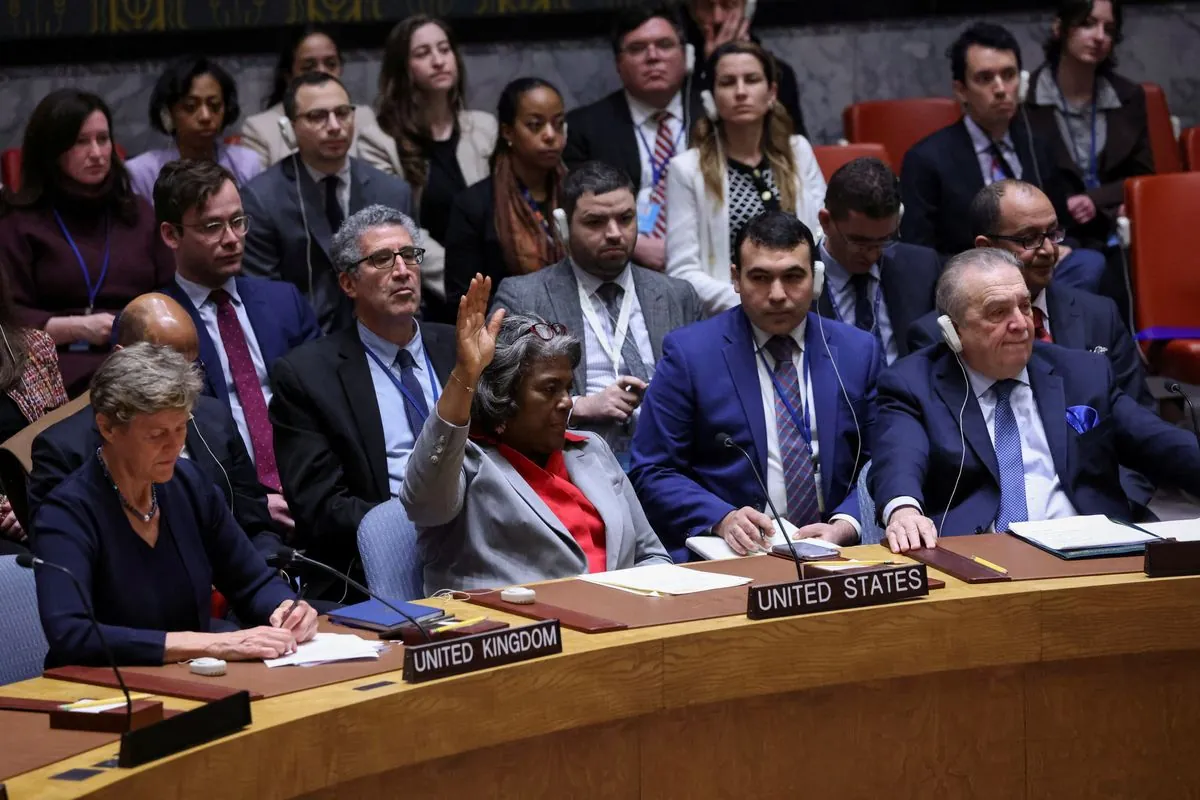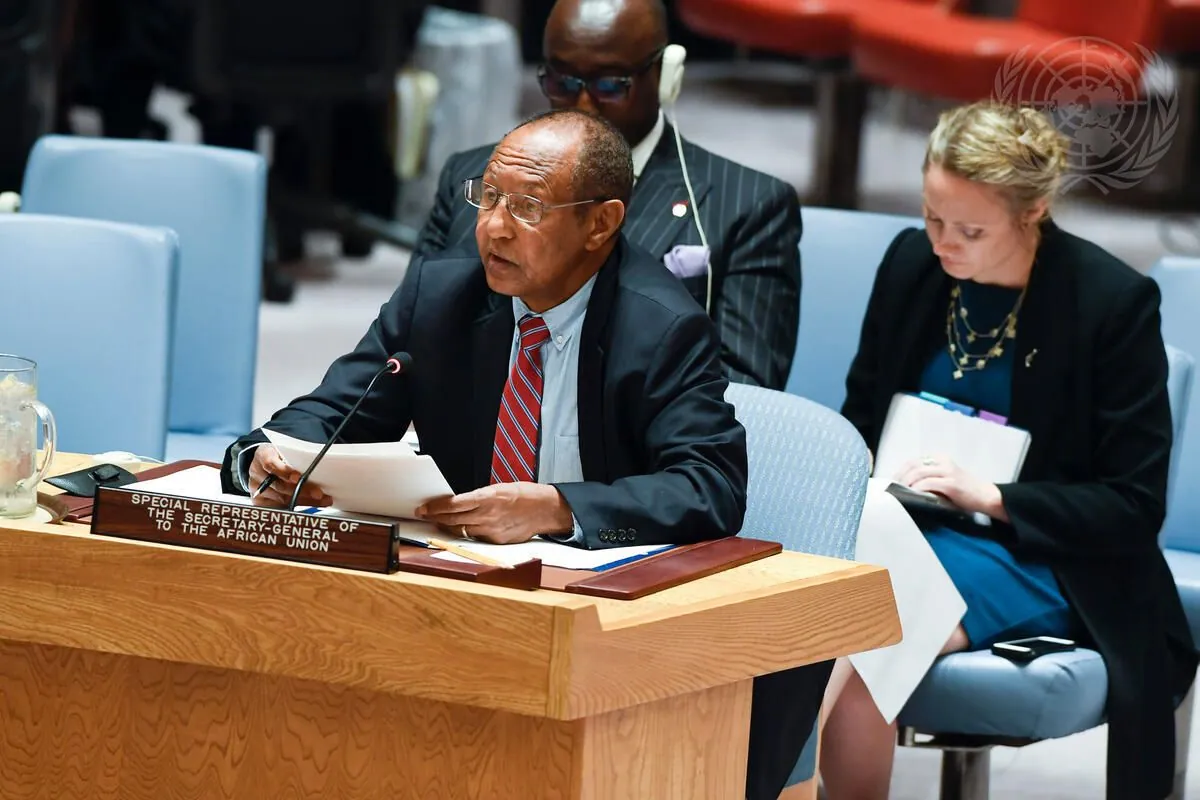US Backs African Permanent Seats in UN Security Council Reform Push
US supports adding two permanent African seats to UN Security Council and a rotating seat for small island nations. Proposal aims to modernize council structure without extending veto power.

The United States has unveiled its support for a significant restructuring of the United Nations Security Council, advocating for the inclusion of two permanent seats for African nations and a rotating seat for small island developing states. This announcement, made by Linda Thomas-Greenfield, the US Ambassador to the UN, marks a notable shift in the ongoing debate about reforming the council's composition.
The proposal aims to address longstanding concerns about the council's representativeness in the 21st century. Currently, the Security Council consists of 15 members, with five permanent members holding veto power and ten non-permanent members serving two-year terms. This structure, established in 1945, has remained unchanged despite significant global transformations.
Thomas-Greenfield emphasized the importance of African representation, stating that the current non-permanent seats do not fully capture the continent's perspectives. The US position aligns with the aspirations of African nations for greater influence in global security matters.

Notably, the US proposal does not include extending veto power to new permanent members. This limitation reflects concerns about potential deadlock in council decision-making. The veto power, currently held by China, France, Russia, the United Kingdom, and the United States, has often been a source of controversy, particularly in recent conflicts such as those in Ukraine and Gaza.
The proposed reforms also include a novel element: a rotating seat for small island developing states. This addition acknowledges the unique challenges and insights of these 39 nations, which are home to approximately 65 million people across over 1,000 islands.
"These 39 states are not a monolith. They are home to 65 million people, across over 1,000 islands. But each has critical insights on a range of international peace and security issues including, notably, the impact of climate change."
The US initiative builds on President Joe Biden's call for council expansion made two years ago. However, achieving consensus on reform remains challenging. The UN has grappled with this issue since 1979, with various proposals failing to gain universal support.
Despite these obstacles, the US plans to draft a resolution for council reform. Thomas-Greenfield acknowledged the difficulty in reaching total agreement but emphasized the need for action. This move signals a shift from prolonged discussions to concrete proposals, potentially accelerating the reform process.
As the international community continues to debate the future of the Security Council, this US proposal adds a new dimension to the ongoing dialogue about global governance and representation in the 21st century.


































